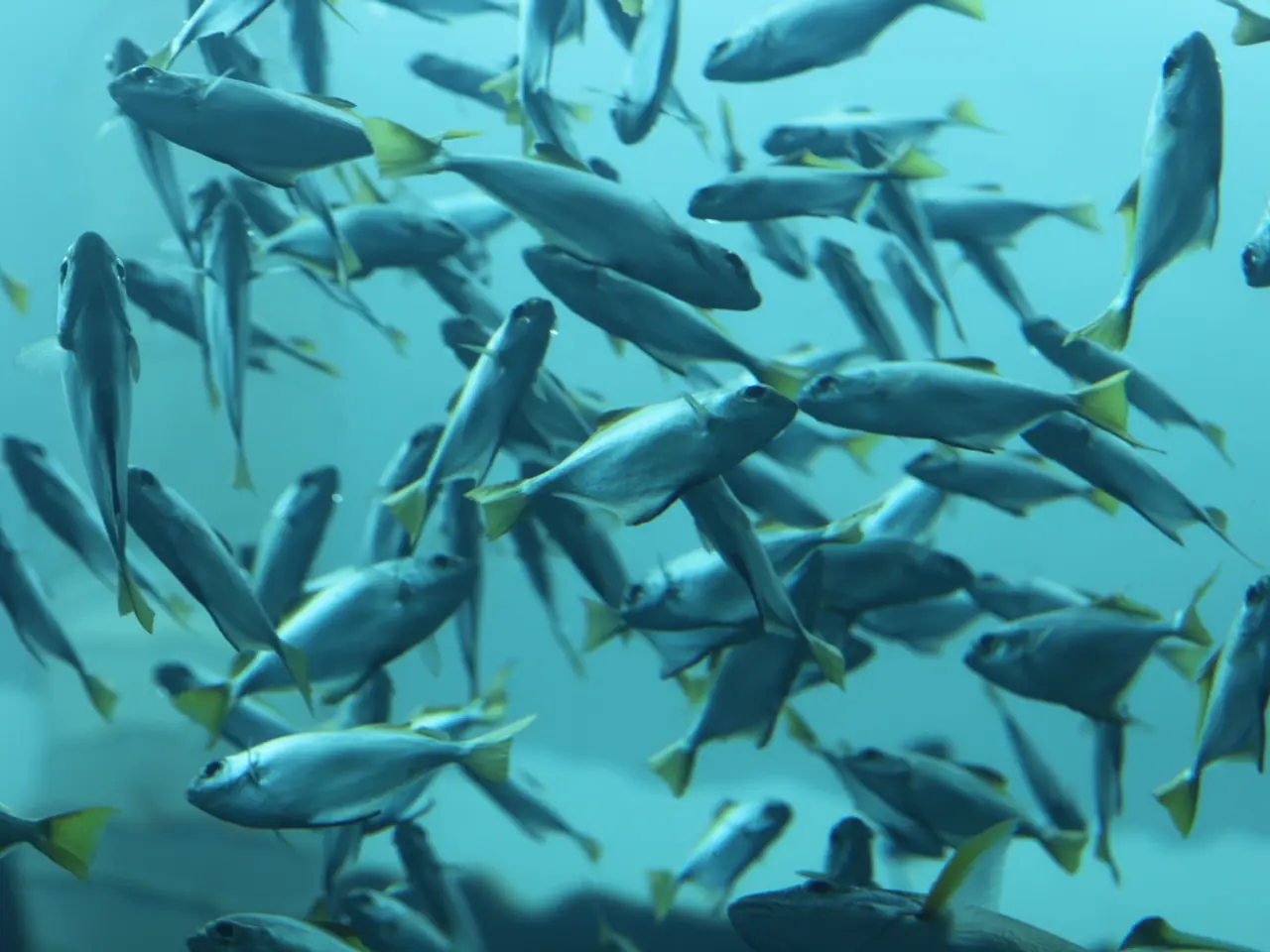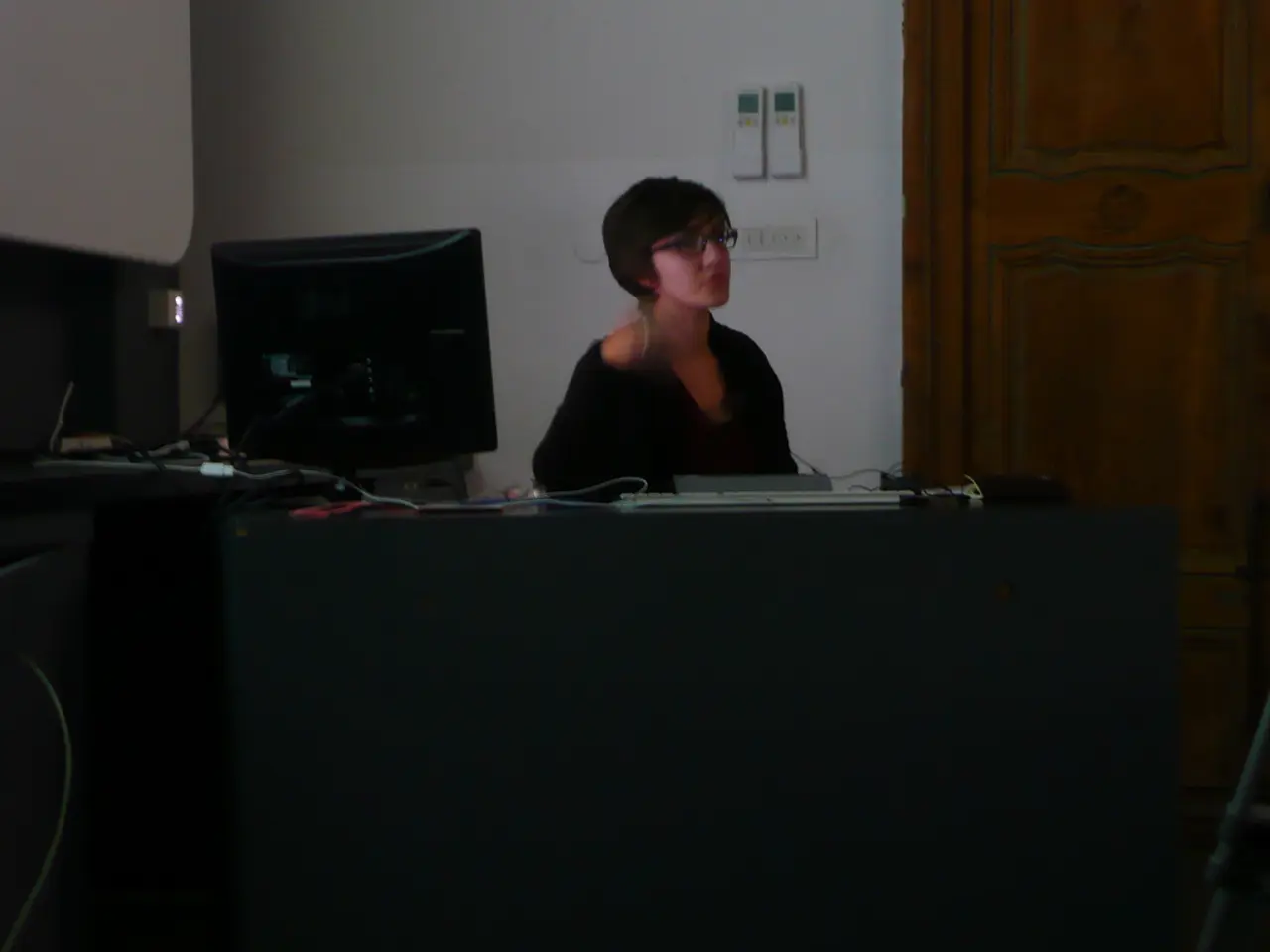Exploring the Philosophical Approach to Permaculture Education
In the quest for a more sustainable world, permaculture education is proving to be a powerful tool. This teaching philosophy, focused on ethical principles, ecological design, and hands-on practice, is helping communities thrive in numerous ways.
The core ethics of permaculture - People Care, Earth Care, and Fair Share - are at the heart of this approach. It encourages individuals to work together to protect and manage the environment, foster stronger communities, and promote sustainable farming practices.
Permaculture education is on the rise, with a growing emphasis on hands-on learning to help students truly grasp sustainable practices and ensure our ecosystem remains healthy. This approach has shown significant results, with programs like Renewable Kids reporting a 70% increase in eco-friendly behaviours among participants.
Technology plays a crucial role in permaculture education, making learning fun and interactive. Virtual reality, for instance, allows students to explore and interact with virtual ecosystems, benefiting those without access to real permaculture sites or for experimenting with different techniques in a virtual space.
Teachers can create welcoming and effective learning environments by adopting a holistic approach, using diverse teaching methods, student participation, and real-world examples. This approach has been shown to lead to better grades and a lasting love for learning.
Inclusive learning environments are also key. By ensuring students feel they belong, we can foster a sense of community, leading to improved grades and a lasting love for learning.
As permaculture continues to grow, there is a need for new training programs that cater to various learning needs, teaching people how to care for the earth and build a sustainable future.
The United Nations' Sustainable Development Goals (SDGs) aim to achieve goals like ending hunger, ensuring clean water, and fighting climate change with the help of permaculture. Successful examples of permaculture education programs that focus on sustainable development include Shift Bristol's Practical Sustainability Course in the UK, SEEDS Malaysia Permaculture Design Certificate Course, and the Rosasharn Farm Volunteer Program in the USA.
By using sustainable education practices and regenerative design principles, teachers are preparing students to help make the future better. Resources such as textbooks, academic journals, online courses, and webinars are available for teachers to incorporate sustainable education and a holistic learning approach into their classes.
The Institute for Permaculture Education offers a nature-based curriculum focused on sustainable living and ecological principles. As more and more students emerge annually with a Permaculture Design Certificate, it's clear that permaculture teaching philosophy is promoting sustainable education practices and helping educators teach in a more effective and sustainable way.
The European Permaculture Teachers' Partnership is working to promote permaculture as a vital part of comprehensive educational reform. As we continue to face global challenges, permaculture education offers a promising solution, fostering sustainable development and a better future for all.
- The core ethics of permaculture, including People Care, Earth Care, and Fair Share, encourage individuals to work together to protect and manage the environment, foster stronger communities, and promote sustainable farming practices.
- Permaculture education is on the rise, with a growing emphasis on hands-on learning and technology like virtual reality, making learning fun, interactive, and accessible to those withoutdirect access to real permaculture sites.
- By adopting a holistic approach, using diverse teaching methods, and including real-world examples, teachers can create welcoming and effective learning environments, leading to better student performance and a lasting love for learning.
- Inclusive learning environments are essential in permaculture education, as they foster a sense of community and promote sustainable development, helping to achieve global goals like ending hunger, ensuring clean water, and fighting climate change.
- The Institute for Permaculture Education offers a nature-based curriculum focused on sustainable living and ecological principles, preparing students to become effective agents of change and contribute to a better future through sustainable education practices and regenerative design principles.




